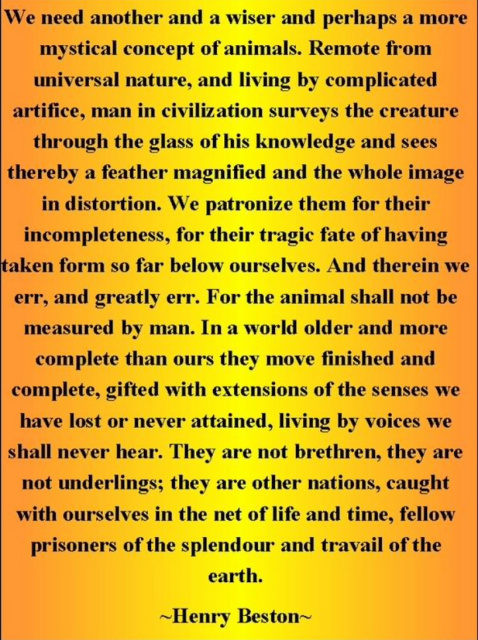Help Reform Pet Euthanasia
Do your part to help ensure a peaceful and dignified ending for all beloved companion animals
_____________________________________
(For credits, click on or tap quote.)
(Cat and dog photos courtesy of cityslide.com, licensed from Ron Chapple Photography.)
_____________________________
DEDICATION:
This website is dedicated to Miss Kitty, Norma and Tinkerbell.
Norma and Miss Kitty Norma and Tinkerbell
(Dedication photos by Michael of PetEuthanasia.Info)
______________________________
IMPORTANT NOTE:
This website is a work in progress.
Please be patient while a fully comprehensive site is created over time that will be a very useful resource.
In the meantime, hopefully you will find the resources that are here already to be helpful.
Feel free to come back in the future to check out the new resources that will be added. Thank you!
ADDITIONAL NOTE:
The dedicated and skilled technical advisor who has been of critical help in bringing this website to this point
is being lost to time constraints.
Please consider notifying me via the website contact page if you have expertise and occasional time
for advising on the maintenance and perfecting of this website.
Thank you!


